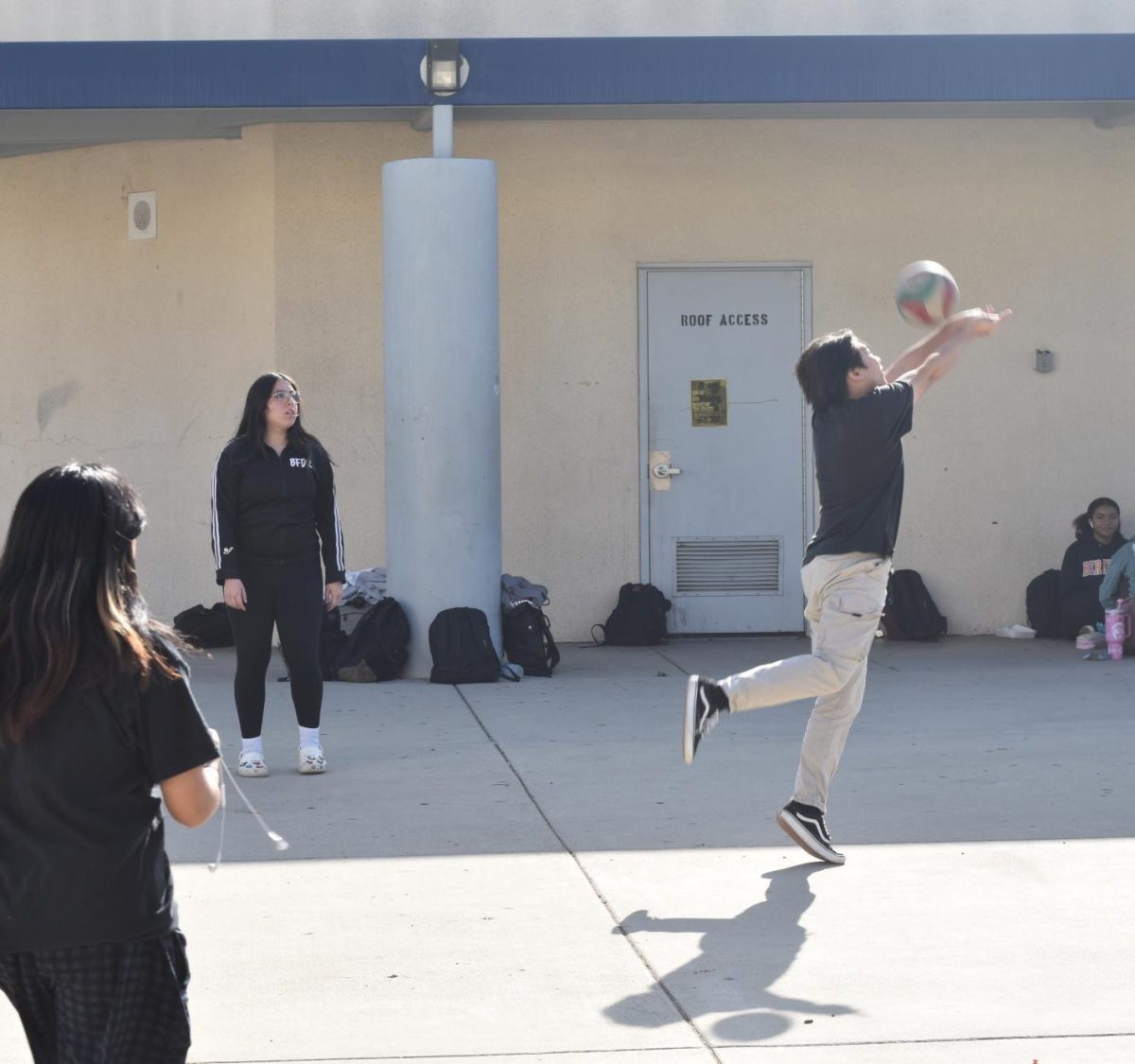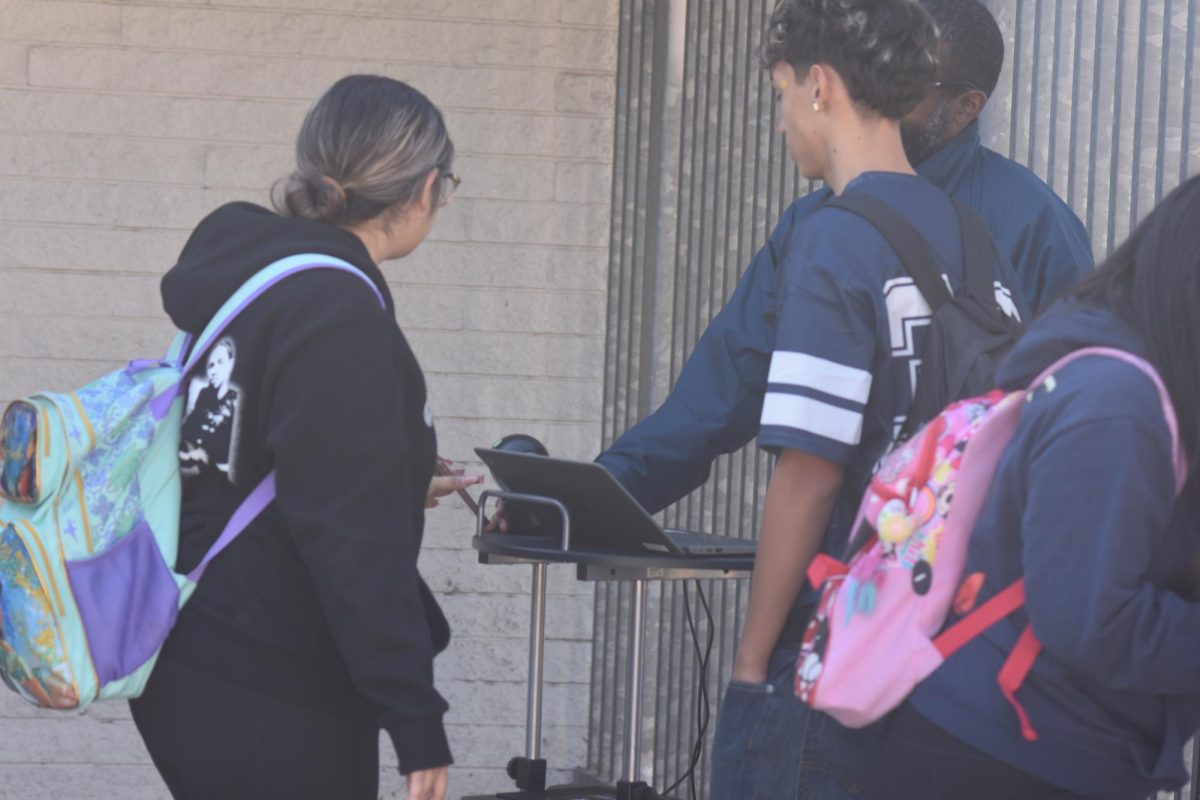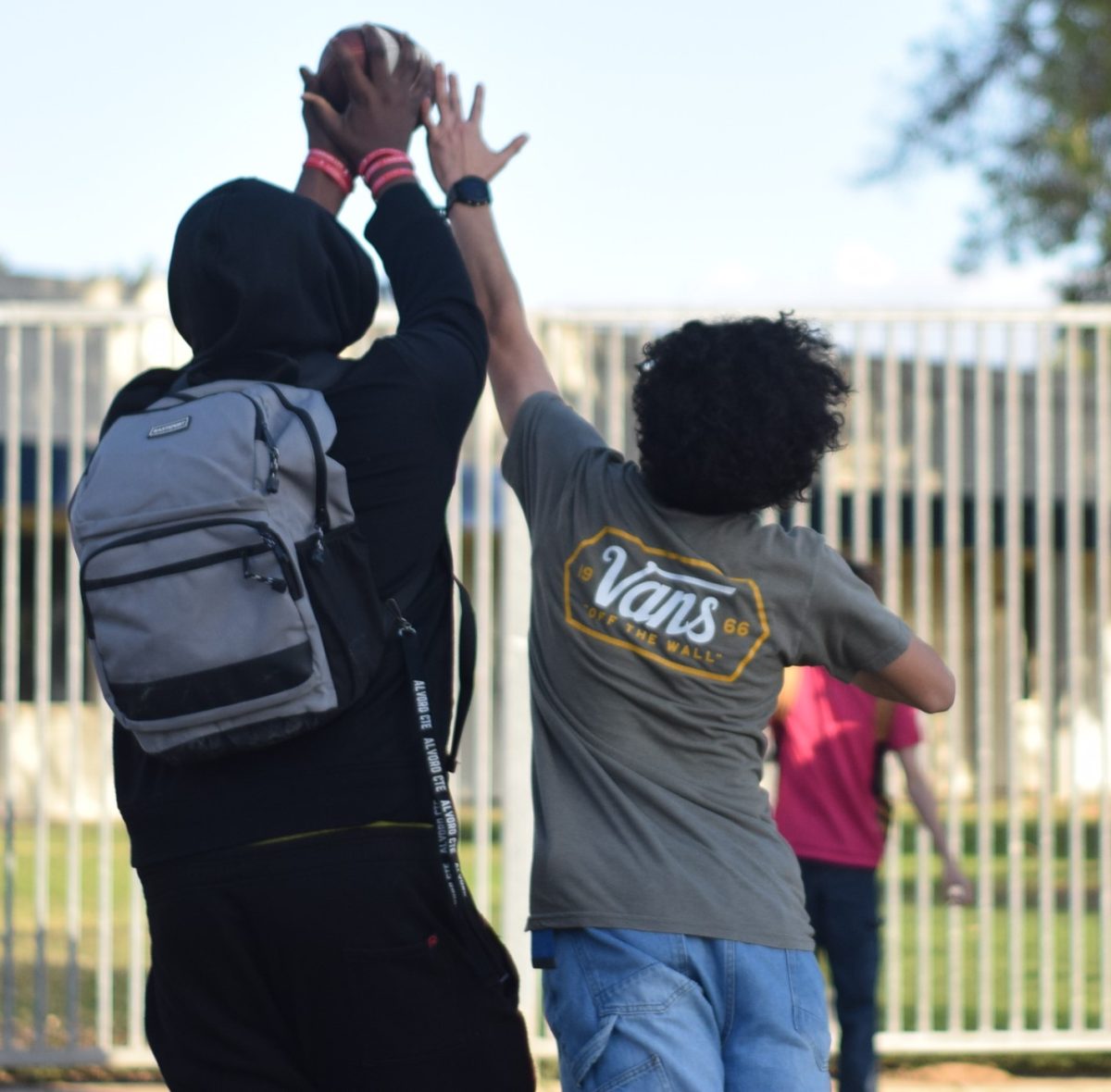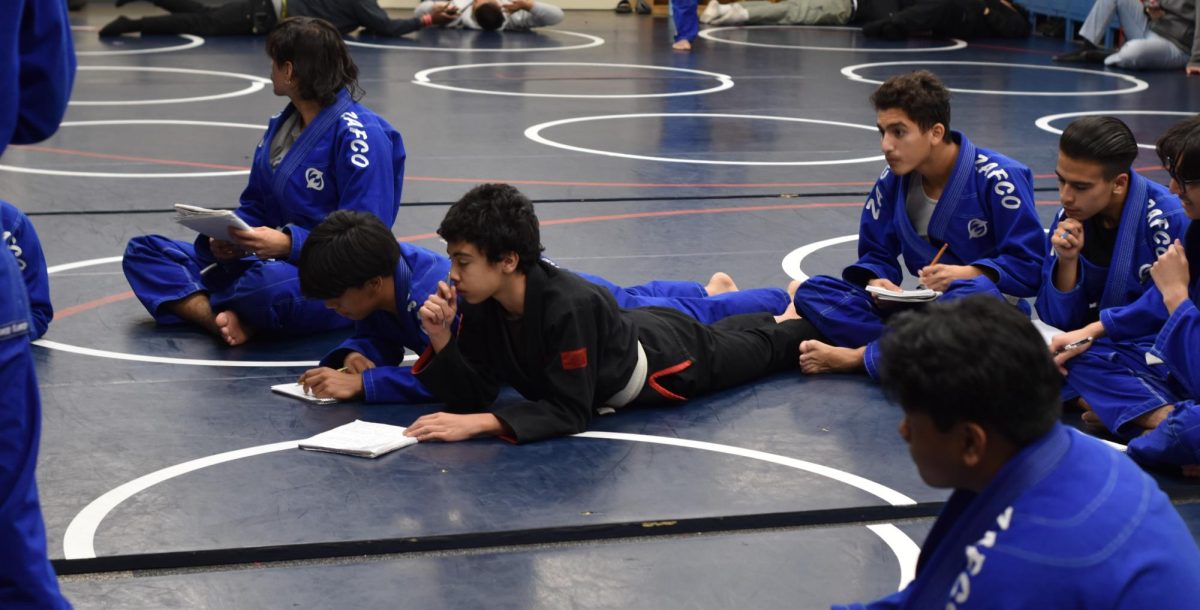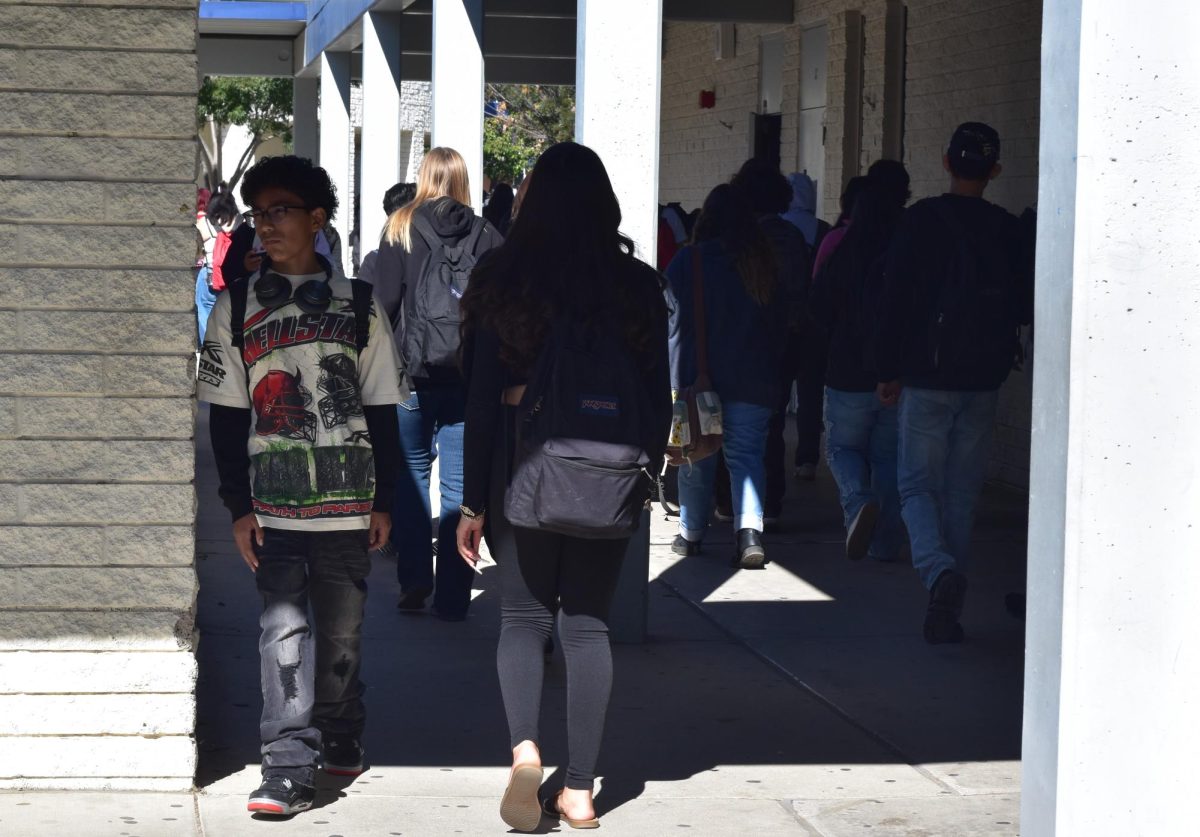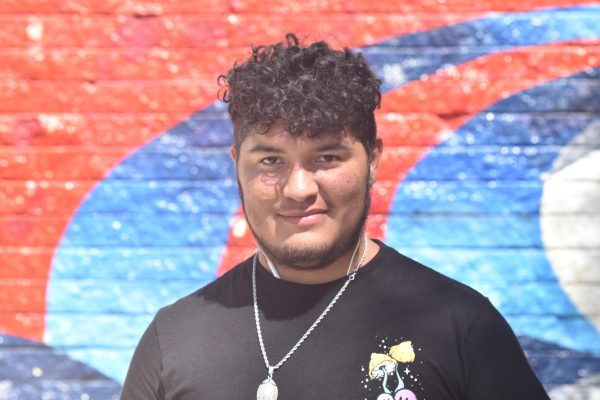Sleep is a fundamental component of a healthy lifestyle, especially for high school students who are in a critical phase of their academic and personal development. Despite its importance, sleep deprivation is a common issue among teenagers, often driven by a combination of academic pressures, social activities, and the pervasive use of technology. This article will explore how insufficient sleep affects students’ academic performance and overall well being. The science of sleep explains that sleep is vital for cognitive functions such as memory consolidation, attention, and problem-solving. During sleep, the brain processes information from the day, solidifies learning, and repairs itself. Teenagers typically need 8 to 10 hours of sleep per night to function optimally. However, studies show that many high school students get less than the recommended amount.
Jason Reyes, a senior, explains his sleep schedule in which he says, “I normally try to sleep between 9pm to 11pm and I usually wake up between 6 am to 7 am and also before I go to bed I usually listen to music and wash my face then eat breakfast and get ready and head to school.”
The academic consequences of being sleep deprived are; Reduced Cognitive Function: Lack of sleep impairs cognitive abilities, including attention, concentration, and critical thinking. Sleep-deprived students often struggle to focus during lessons, leading to lower comprehension and retention of information. Memory and Learning: Sleep is crucial for memory consolidation. Without adequate sleep, the brain’s ability to form and store memories is compromised, making it difficult for students to recall previously learned information and learn new material. Lower Academic Performance: Research consistently shows a correlation between sleep deprivation and lower grades. Students who do not get enough sleep tend to perform worse on exams and assignments. Chronic sleep deprivation can lead to a significant decline in overall academic performance.
The behavioral and emotional impact of sleep deprivation are; Increased Stress and Anxiety: Lack of sleep can heighten stress levels and exacerbate feelings of anxiety and depression. High school students are particularly vulnerable to these emotions, which can further hinder their academic performance and motivation. Poor Decision-Making: Sleep-deprived individuals are more likely to make impulsive decisions. For students, this can manifest as poor time management in risky behaviors, all of which negatively impact academic success. Decreased Participation: Tired students are less likely to participate actively in class discussions and extracurricular activities. This disengagement can lead to missed opportunities for learning and personal growth.
Some strategies for improvement on sleep is; Establish a Consistent Sleep Schedule: Going to bed and waking up at the same time everyday helps regulate the body’s internal clock. Even on weekends, maintaining a consistent schedule can improve sleep quality. Create a Restful Environment: A quiet, dark, and cool bedroom can enhance sleep. Limiting exposure to screens and bright lights before bedtime is also crucial, as blue light from devices can interfere with the production of melatonin, a hormone that regulates sleep. Prioritize Time Management: Encouraging effective time management skills can help students balance their academic responsibilities with sufficient rest. Breaking tasks into manageable chunks and avoiding procrastination can reduce late-night study sessions. Educate on the Importance of Sleep: Schools and parents should educate students on the importance of sleep for their health and academic success. Understanding the consequences of sleep deprivation can motivate students to adopt better sleep habits.
In conclusion sleep is an essential yet often overlooked component of academic success. For high school students, adequate sleep is crucial for cognitive function, emotional stability, and overall well-being. Addressing sleep deprivation through better habits and education can lead to improved academic performance and a healthier, more balanced life. Prioritizing sleep is not just about resting but about empowering students to reach their full potential.



